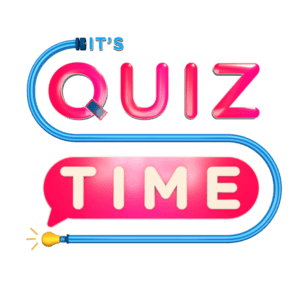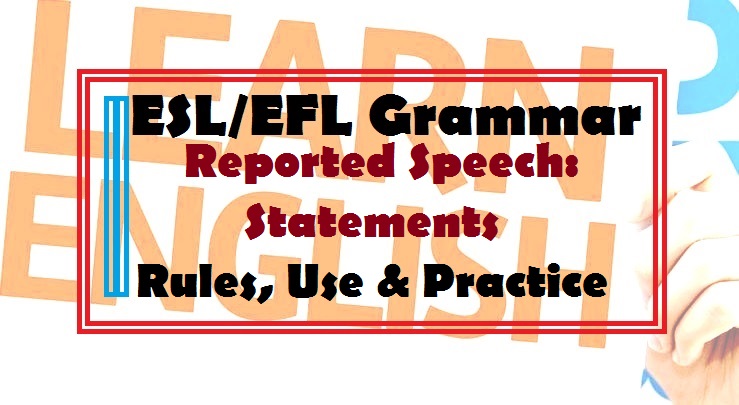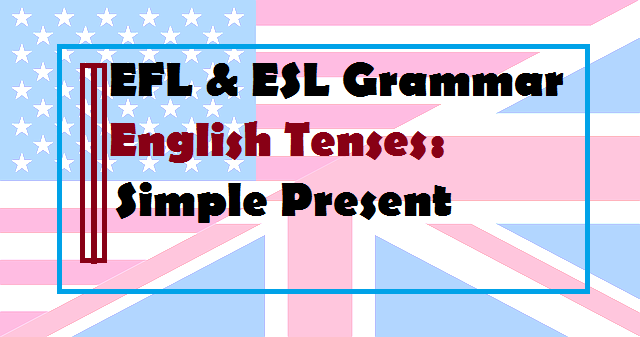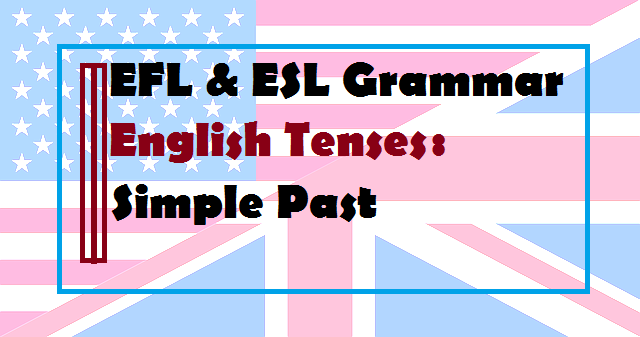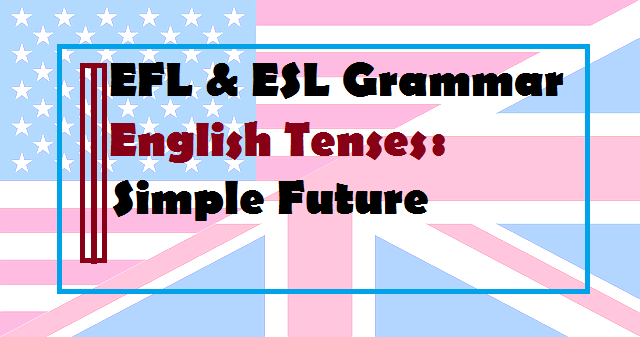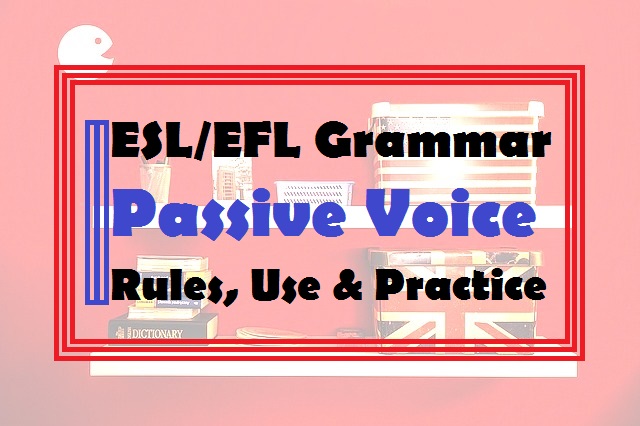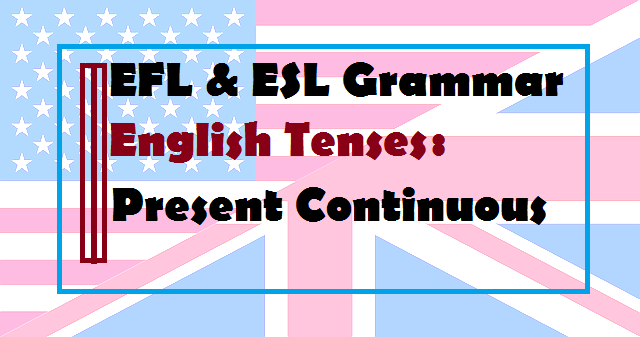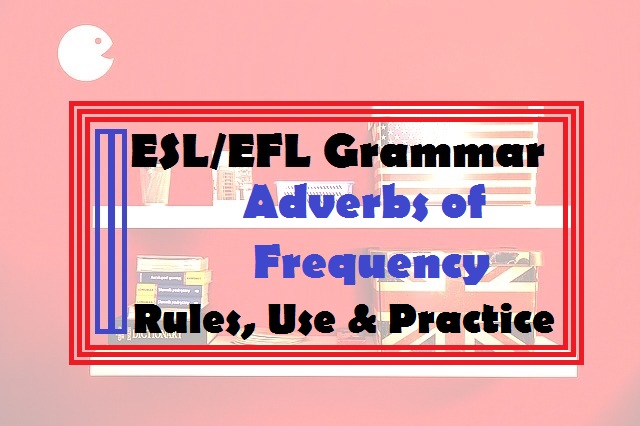English lessons: rules, use, and practice
Reported speech in English: reporting statements
In English grammar, reported speech is how we represent the speech of other people or what we say or said. There are two kinds of reported speech: direct and indirect.
The speech we report basically includes two clauses: the reporting clause and the reported clause. The reporting clause includes a verb as: tell, ask, reply, say, state, wonder… etc. These verbs are usually in the past tense.
When the introductory verb is in the present (says, say, thinks, believe, believes …), NO CHANGES are introduced into the indirect statement in terms of TENSE.
Examples:
- “Education played an important role in my success,” he says.
- He says that education played an important role in his success.
When the introductory verb is in the past (said, believed, told, stated…), CHANGES are introduced into the indirect statement in terms of TENSE.
Changes of tense | |
| Simple present | changes to Simple past |
| Simple past | changes to Past perfect |
| Past perfect | changes to Past perfect |
| Present perfect | changes to Past perfect |
| Present continuous | changes to Past continuous |
| Past continuous | changes to Past perfect continuous |
| Present perfect continuous | changes to Past perfect continuous |
Changes in modals | |
| Must | Had to |
| Have to/ has to | Had to |
| Should | Should |
| Will | Would |
| Would | doesn’t change. It stays Would |
| May | Might |
| Could | Could |
| Can | Could |
| Shall | Should |
| Can’t | Couldn’t |
| Shouldn’t | Shouldn’t |
| Won’t | Wouldn’t |
| Am/is/are going to | Was/were going to |
| May not | Mightn’t |
Changes in words | |
| Tomorrow | The following day |
| Yesterday | The day before |
| Today | That day |
| Tonight | That night |
| Next year | The following year |
| Last year | The year before/ the previous year |
| Tomorrow morning | The following morning |
| Now | Then |
| Ago | Before earlier |
| This | That |
| These | Those |
| Here | There |
Changes in pronouns | |
| I | He/she |
| My | His/her |
| We | They |
| Our | Their |
| You | I/we |
| Me | Him/her |
Reporting statements in the passive voice
Statements are declarative sentences that have at least a subject, verb, and a complement. In reported speech, we don’t change the form of the statements. We only change the tense, the expressions of place and time, and pronouns.
| Simple Present | “We love our city very much,” the citizens stated. |
| The citizens stated that they loved their city very much. | |
| Past simple | “she was very sick” my mother said |
| My mother said she had been very sick | |
| Future Simple | “I will travel to London next week” she told me |
| She told me she would travel to London the following week | |
| Present Perfect | “she has prepared for the exam,” she said |
| She said she had prepared for the exam | |
| Past perfect | “I had gone to school yesterday,” he told me |
| He told me he had to school the day before | |
| Present Conti. | “I’m reading my books right now,” she said |
| She said she was reading her books then | |
| Past Conti. | “I was watching TV yesterday,” she told me |
| She told me she had been watching TV the previous day |
Modals | |
| Must | “I must go now,” I told her |
| I told her that I had to go then | |
| Should | “You should visit a doctor,” she said |
| She said that she should visit a doctor | |
| Can | “I can lift the table,” she said |
| She said she could lift the table | |
| May | “I may not come tomorrow,” he told us |
| He told us he might not come the following day | |
| Have to | “We have to go now,” they told me |
| They told me they have to go then | |
| Would | “I would come if I knew about the party,” she said |
| She said I would come if I had known about the party | |
Take Quiz
Check your understanding here ...
Choose the correct reported statement
